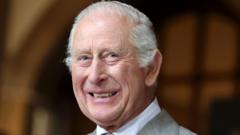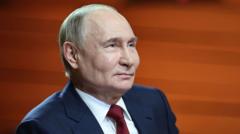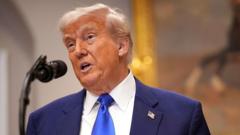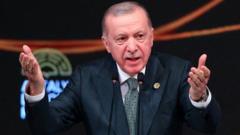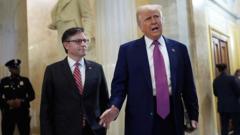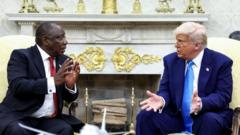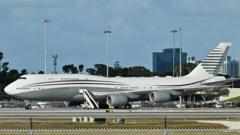As European nations grapple with an increase in defense budgets, NATO may expand the criteria to incorporate expenditures traditionally not classified as military expenses, such as infrastructure and cybersecurity enhancements.
NATO's New Defense Spending Approach Amid Trump Pressure

NATO's New Defense Spending Approach Amid Trump Pressure
NATO allies are exploring a broader definition of defense spending in response to President Trump's demands for heightened military expenditure.
In response to President Trump’s demands for increased military spending from NATO allies, European nations are recalibrating their approach. Initially resistant to the idea of allocating 5 percent of their national income to defense, several NATO countries are now considering a more flexible strategy. This fresh plan suggests a military spending target of 3.5 percent of GDP, with an additional 1.5 percent dedicated to nontraditional defense-related initiatives by the year 2032.
Key modifications may include bolstering road and rail infrastructure to facilitate military transport, strengthening cybersecurity measures, and advancing technology related to communication and weaponry. In light of Trump’s warnings regarding reduced American support for European security, some member states feel compelled to shoulder greater financial responsibilities amidst growing security concerns.
NATO Secretary General Mark Rutte emphasized the urgency of implementing necessary measures for effective defense spending while highlighting the importance of adequate infrastructure for military transit. His comments follow a recent meeting of alliance foreign ministers in Turkey, where discussions centered on achieving the ambitious five percent spending target.
Key modifications may include bolstering road and rail infrastructure to facilitate military transport, strengthening cybersecurity measures, and advancing technology related to communication and weaponry. In light of Trump’s warnings regarding reduced American support for European security, some member states feel compelled to shoulder greater financial responsibilities amidst growing security concerns.
NATO Secretary General Mark Rutte emphasized the urgency of implementing necessary measures for effective defense spending while highlighting the importance of adequate infrastructure for military transit. His comments follow a recent meeting of alliance foreign ministers in Turkey, where discussions centered on achieving the ambitious five percent spending target.



